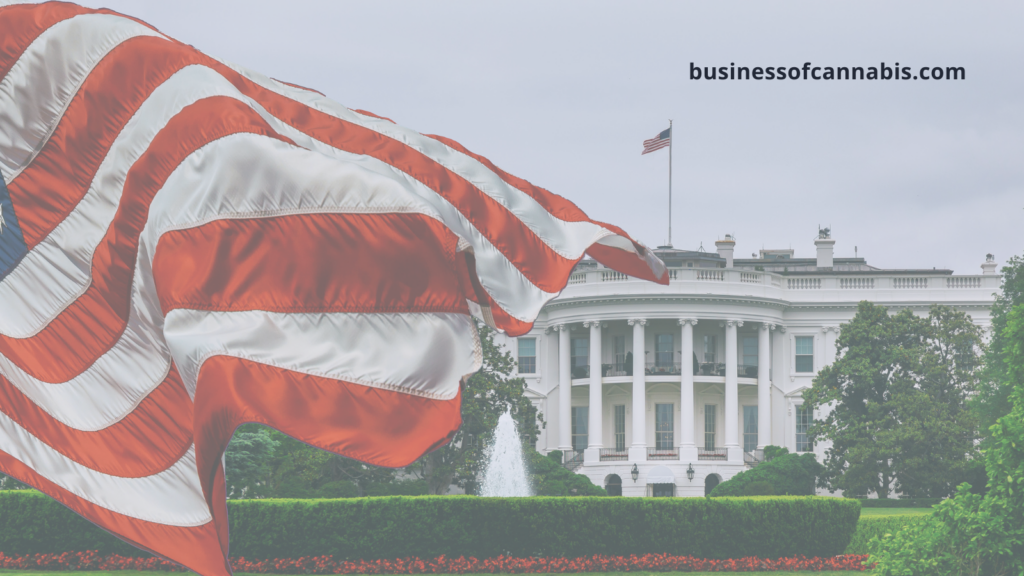
After reports that “dozens” of cannabis-consuming staffers in President Joe Biden’s White House were asked to resign last week, work remotely or were suspended, press secretary Jen Psaki tweeted that “only five people who had started working at the White House are no longer employed as a result of this policy.” (Presumably, none of those five were the Vice President herself…)
As a result, more people will serve who would not have in the past with the same level of recent drug use. The bottom line is this: of the hundreds of people hired, only five people who had started working at the White House are no longer employed as a result of this policy.
— Karine Jean-Pierre (@PressSec) March 19, 2021
High hopes humbled
It’s been mere weeks since the Biden administration updated security policies so that new hires who had used cannabis in the past wouldn’t be prohibited from working in the White House. The move signalled a progressive attitude toward cannabis, gave us hope for federal legalization and, at the very least, reflected the legal status of recreational cannabis in DC.
Two steps forward, one step back
Change will be incremental in the US on the federal level.
Even the SAFE Banking Act, which returned to the House last week and would make loans and transactions more safe and convenient for cannabis businesses, only goes so far.
“Yes, it will make it easier for some operators to process payroll, deposit funds, and pay taxes,” tweeted Subversive Capital founder Michael Auerbach. “But it wont allow US companies to list on US exchanges, gain access to Tier 1 and Tier 2 banks, or solve any of the AMA issues associated with the CSA.”
SAFE Banking is a head fake. Yes, it will make it easier for some operators to process payoll, deposit funds, and pay taxes, but it wont allow US companies to list on US exchanges, gain access to Tier 1 and Tier 2 banks, or solve any of the AMA issues associated with the CSA.
— Michael Auerbach 🌻 (@msauerbach) March 18, 2021























